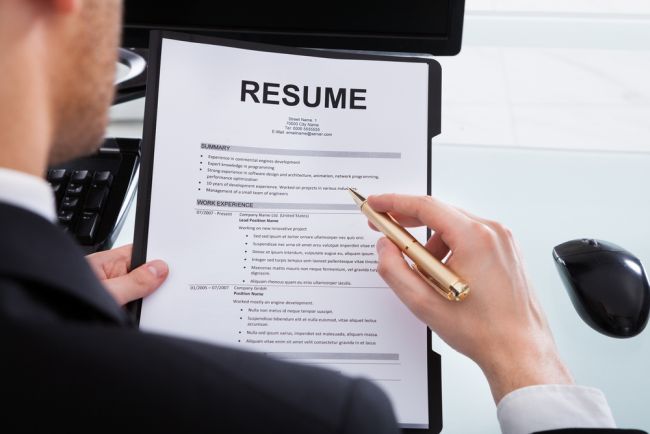
A federal judge has offered some grace to an attorney who submitted a filing filled with “unnecessary potshots and hyperbole.” Northern District of Illinois Judge Steven Seeger gave lawyer Calvita Frederick an additional week to refile her motion, asking her to take a moment for “quiet reflection” and reconsider the tone of her filing.
The suit was filed for a medical student who alleged they weren’t given suitable disability accommodations for their first-step medical exam. Seeger ruled that the wrong party was sued, and Frederick submitted a motion to amend his judgment. The brief contained several statements that Seeger found inappropriate, such as claiming he “was mistaken and/or deliberately chose to disregard the evidence in the record” or didn’t recognize “the need to do adequate research on the topic before issuing a ruling.”
Rather than react negatively to Frederick’s words, Seeger took the high road. He wrote that while people don’t tend to get on the federal bench without tough skin, civility standards should still be defended. He added that although he had a few words in mind regarding her filing, he would keep them all to himself.
Seeger’s gracious response is an important reminder of how much more productive it can be to take the high road when faced with contentious briefs and statements. While professionalism should never be sacrificed, such responses demonstrate that civility in legal discourse can still outweigh aggression.
Don’t wait – submit your resume to LawCrossing now and get a jump-start on your legal career!
In addition, this situation teaches lawyers that how they frame their arguments can impact the outcome of their cases. Seeger’s response shows just how much weight words can carry and how critical it is to ensure that arguments are respectful and professional.
Ultimately, Frederick was granted an additional week to refile her motion. And although Seeger’s response may not have been what she originally intended, his courteous approach certainly set an example for others in the legal field. It’s a reminder that civility can positively affect even the most contentious of legal situations.
By responding thoughtfully, Seeger could stay true to his standards and uphold the professionalism expected of lawyers nationwide. Hopefully, this situation will serve as an example for others in similar positions — and a reminder that civility still matters, even in the most difficult of legal battles.
































